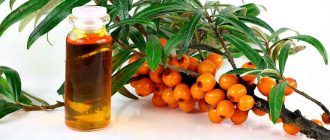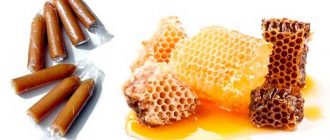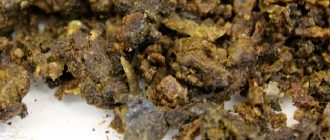It is recommended to use eucalyptus for prostatitis due to its powerful antibacterial effect. It is best to use products with it in the form of rectal suppositories and compositions for microenemas. Before use, you should consult a urologist, because the plant has contraindications for use.
Medicinal properties
When preparing medicines based on eucalyptus, the leaves of the plant are used. The main medicinal component is essential oil; it also contains:
- phytoncides;
- cineole;
- tannins;
- organic acids;
- micro- and macroelements (manganese, zinc, selenium).
The plant has strong antiseptic properties. Sensitive to it:
- staphylococci;
- streptococci;
- causative agents of dysentery;
- Trichomonas;
- Giardia;
- other unicellular microorganisms.
When treating chronic prostatitis with eucalyptus, the following effects occur:
- pathogenic bacteria are destroyed;
- pain is reduced;
- inflammation decreases;
- immunity increases.
Contraindications
Despite the positive effects, products based on this plant have a number of contraindications. They cannot be used for:
- liver dysfunction;
- inflammation of the mucous membrane;
- gallbladder diseases;
- asthma;
- high blood pressure;
- epilepsy;
- allergic reaction.
Recipes
It is recommended to take eucalyptus for prostatitis in the form of suppositories or enemas. In this way, you can directly influence the source of inflammation. However, there are other preparation recipes - a decoction for internal use, oil for massage and sitz baths, etc.
Decoction
A decoction of eucalyptus for prostatitis can be used orally, and can be used for microenemas and sitz baths.
For preparation, the recommended ratio is 10 g of dry leaves per 150 ml of water. The mixture should be brought to a boil and kept in a water bath for 10 minutes, then cooled and strained.
To treat prostatitis with eucalyptus leaves, you need to take 50 ml of decoction 3 times a day.
Candles
This method is considered the most effective for the treatment of prostate diseases. There are several drugs containing it in pharmacies, the most famous:
- Eucatel.
- Chlorophyllipt.
To make candles for prostatitis with eucalyptus with your own hands, you need to buy any plant-based candles at the pharmacy, melt them and add 5 drops of essential oil. Then cool the mixture and form suppositories from it. Keep refrigerated. Use no more than 1 candle every 3 days. More frequent use may cause dysbacteriosis.
Use of oil
Eucalyptus oil for prostatitis is used for massage, microenemas and sitz baths. To do this, mix it with the following oils (2 drops each):
- eucalyptus;
- pistachio;
- cypress;
- sandalwood;
- tea tree.
Add 2 tbsp to the mixture. l. olive oil. Massage the lumbar region and lower abdomen in the evening, before bed.
Sitz baths should also be taken before bed by adding 5 drops of oil to the water.
Mixture with mumiyo
To treat prostatitis with eucalyptus and mumiyo, you need to prepare a solution for microenemas:
- Prepare a decoction of the leaves and add 3 mummy tablets to it
- Cool and strain through a strainer or cheesecloth.
- Administer using an enema and keep the mixture in for at least 30 minutes.
- At the same time, cover yourself with a blanket and maintain a lying position.
- Repeat the procedure every other day for 2 weeks.
Herbal microenemas
Compositions for microenemas can be prepared with different combinations of herbs. The most popular for prostatitis are enemas with wormwood and eucalyptus.
Wormwood complements the composition and enhances the therapeutic effect. It has bactericidal and anti-inflammatory properties.
To prepare the decoction you will need 1 tbsp. l. mixture of plants per 250 ml of water. It needs to be boiled for 2 minutes, then allowed to brew, then strain and cool to room temperature.
A microenema is given in a volume of 100 ml once a day for 7 days.



